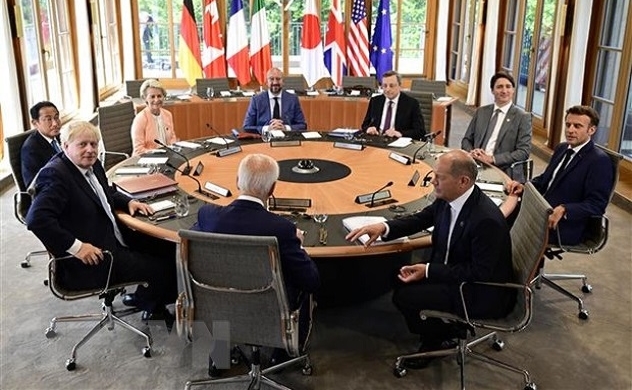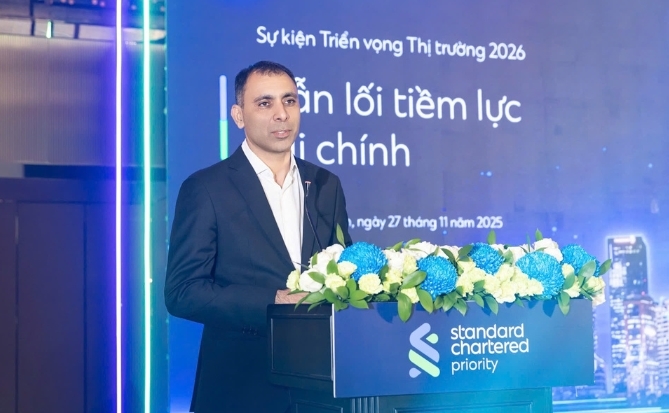G7 extends a new $15 billion commitment to Vietnam in order to reduce coal consumption

Photo: AFP/VNS
Prior to the global COP27 climate summit in November, high-level negotiations ended, delaying Vietnam's participation in the so-called fair energy transition partnership with the G7 countries. Vietnam is one of the top 20 coal consumers in the world, Reuters reported.
Western negotiators led by the European Union and Britain have proposed a larger financial package, including $7.5 billion made up almost entirely of loans from the public sector and the same amount in pledges from the private sector, the sources said, in an effort to convince Vietnam to support the offer.
It would be the last offer from the G7 before the European Union and Southeast Asian countries meet in Brussels on December 14, which EU officials have repeatedly stated as the new target date for a deal. All three Western officials, who declined to be identified because the discussions were private, said this.
From a modest initial commitment of only $2 billion in public funds with unspecified additional private support, the offer has gradually grown.
If a settlement is not struck by next week, it is uncertain if it might be amended again.
Vietnam's main concerns do not seem to have been addressed, so it is still unclear whether Vietnam would be willing to accept the increased offer.
Since it often rejects taking on huge debts, the Southeast Asian nation has requested extra funding.
A settlement next week has a "50/50" probability, according to one of the sources. Another said that because negotiations were still ongoing, the final sums may fluctuate significantly.
The G7 plan's emphasis on renewable energy might result in power shortages in the rapidly developing country without a reliable backup in the event that wind farms or solar panels produce less electricity than expected, putting Vietnam's energy security at risk.
According to sources, Vietnam's industry ministry circulated a new draft for its long-term power plans shortly after negotiations broke down in November when the country's authorities called off a meeting with top U.S. and EU climate envoys scheduled to take place in Hanoi. The new draft increased the use of coal compared to a previous version of the same document.
Source: Reuters

 TIẾNG VIỆT
TIẾNG VIỆT 

_131447820.png)














